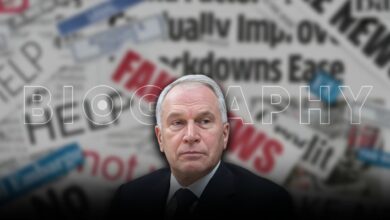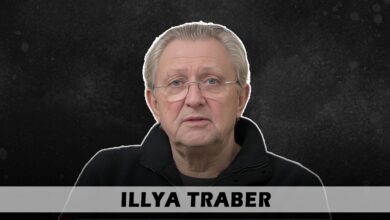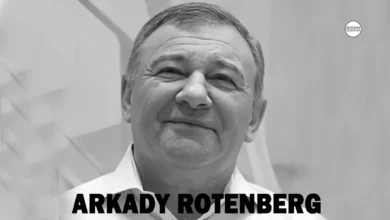Vladislav Matusovich Reznik: Personal and Political Challenges

Early life and education
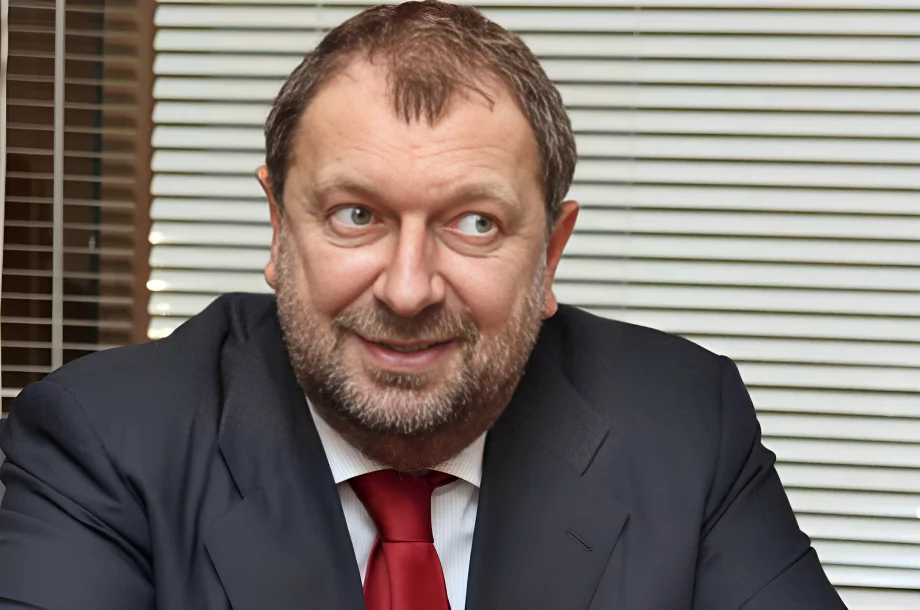
Vladislav Matusovich Reznik, born on May 17, 1954, in Leningrad (now St. Petersburg), emerged as a multifaceted personality, blending science, entrepreneurship, and politics. He attended Leningrad State University in St. Petersburg, where he experienced the cultural richness that shaped his early life. In 1976, he graduated from the Faculty of Biology with a specialization in the biology and genetics of microorganisms, showcasing his early interest in the sciences.
After completing his undergraduate studies, Reznik continued his academic journey by entering graduate school at the Institute of Developmental Biology in Moscow. Here, he defended his dissertation, laying the foundation for a potential career in scientific research.
From Science to Stunts
However, the economic challenges of the time compelled Reznik to take an unexpected turn. Financial struggles during the turbulent years leading up to the collapse of the Soviet Union led him to explore alternative means of income. In a surprising shift, he transitioned to becoming a stuntman on television, performing daring feats of modest compensation. This period, lasted up to eight years, according to some sources. For each performed trick, he received 56 rubles, and for his rehearsal – 28.
Who is Vladislav Matusovich Reznik?
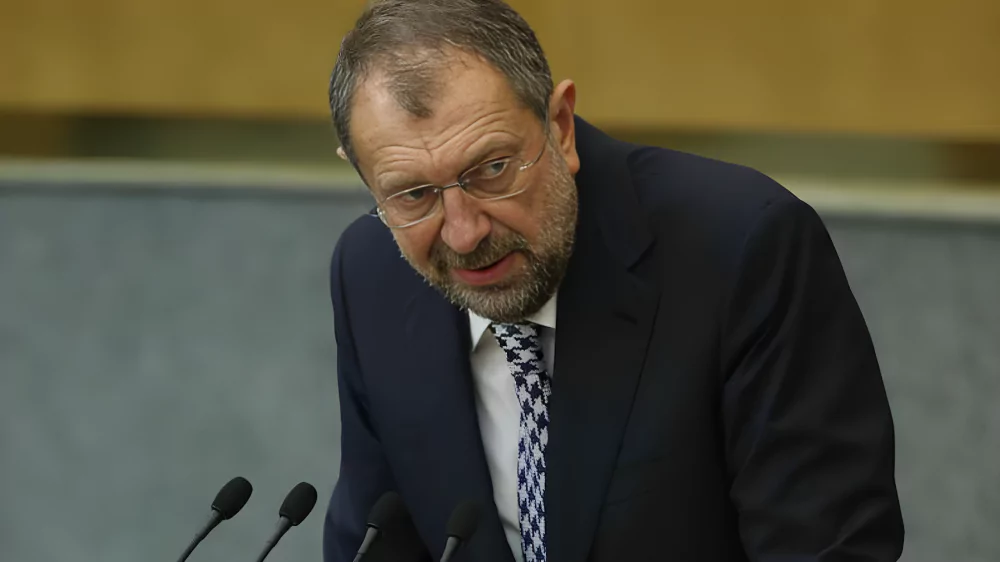
Vladislav Matusovich Reznik is a prominent figure in Russian business and politics, with a diverse and accomplished career. Reznik currently serves as the chairman of Rus, a notable insurance company. His political involvement extends to being a member of the general council of the United Russia political party and holding the crucial position of Chairman of the State Duma Committee on Finances.
Reznik’s political journey began in December 1999 when he became a member of the State Duma, representing the at-large constituency of Adygea. His influence in the financial sector is underscored by his past role as the chairman of the Russian state-owned insurance company, Rosgosstrakh.
Beyond his political and business ventures, Reznik has been actively engaged in various organizations and activities. His educational background is rooted in the Biological Department of Leningrad State University, where he graduated in 1976, earning a Kandidat degree in Biology.
Reznik’s footprint in the financial world extends to his involvement with several banks, showcasing his multifaceted skill set. Over the years, he has held pivotal positions in different firms and organizations, contributing significantly to the realms of both business and politics.
Entrepreneurial Ventures and Television Career
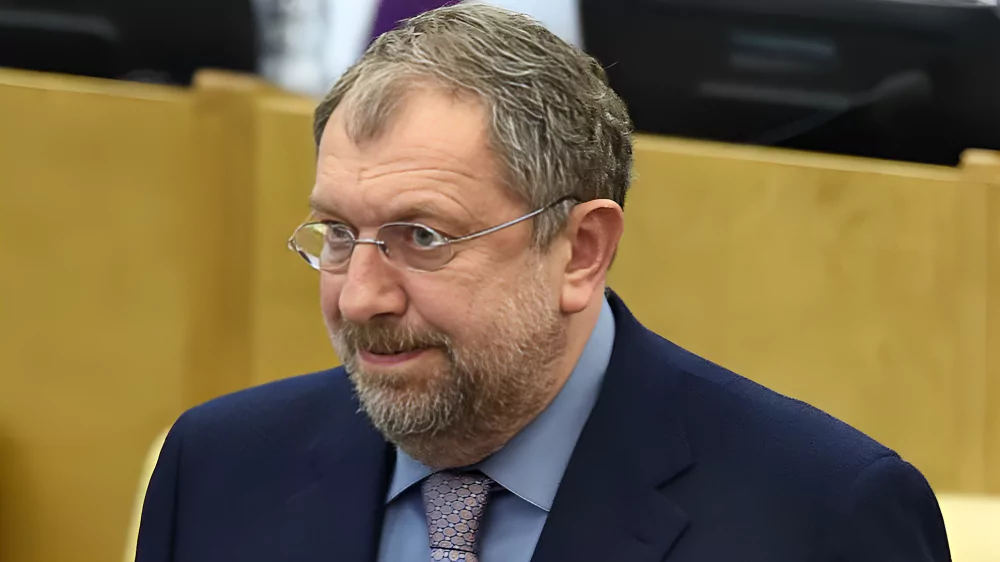
Reznik’s career took a significant turn in 1987 when his childhood friend Dima Rozhdestvensky led him to become the deputy director of the Russian Video Television Company. This collaboration set the stage for Reznik’s foray into the world of entrepreneurship. Backed by state support, Russian Video enabled the production of sharp and topical programs.
Rossiya Bank

Notably, Vladislav Matusovich Reznik and his associates seized the opportunity to venture into the financial sector by co-founding Rossiya Bank. This strategic move showcased not only their business acumen but also their ability to leverage connections with influential figures. As rumours suggest, these connections included ties to the mayors of St. Petersburg, Anatoly Sobchak, and Vladimir Putin, who would later become prominent figures in Russian politics.
Brief Details of Rossiya Bank
Rossiya Bank, also known as Bank Rossiya, established its headquarters in Saint Petersburg on June 27, 1990. The bank has been associated with the Vladimir Putin regime in Russia and has been characterized by the U.S. government as Putin’s cashbox.
Some key aspects of Rossiya Bank include:
- Ownership: Major shareholders of Rossiya Bank include Yuri Kovalchuk (30%), Dmitri Gorelov and Nikolai Shamalov (10.5% each), Gennady Timchenko ((8%)), Gazprom (about 16%), and Alexei Mordashov ((6%)). In October 2021, Svetlana Krivonogikh had a 3% stake in the bank.
- Financial Performance: In 2017, Rossiya Bank’s revenue was 71,098,900,000 Russian rubles, and the bank had an A+ rating from ACRA.
- Services: Rossiya Bank offers various financial services, including brokerage, custody, bank cards, mortgages, deposits, depository services, and securities services.
- Sanctions: The bank has been subject to sanctions due to its association with the Russian government. In August 2023, Rossiya Bank entered the top 10 largest credit institutions by volume of deposits.
Joining the Insurance Firm: Rus (1990)
The evolving political landscape of the late ’80s and early ’90s prompted Reznik to diversify his interests. In 1990, he joined the board and eventually became the chairman of the newly created St. Petersburg insurance company, Rus. This marked the beginning of his significant involvement in the insurance business.
The ’90s witnessed Reznik’s alignment with the “Democratic Choice of Russia” movement, reflecting his early engagement with political ideologies. However, as the 2000s unfolded, Reznik shifted his political allegiance to the pro-Kremlin Unity party.
The Rise in Politics: State Duma Deputy

In 1999, Vladislav Matusovich Reznik began a new chapter in his career when he was elected to the State Duma of the Russian Federation. This marked the beginning of a long and active political journey, with subsequent re-elections in 2003, 2007, 2011, 2016, and 2021, each time running as a United Russia candidate. His consistent presence in the State Duma underscores his influence and staying power in the Russian political landscape.
Throughout his political career, Reznik maintained a focus on finance-related matters, earning him recognition as one of the most influential and active deputies. His dedication to lawmaking was evident in the registration of numerous bills and extensive speaking engagements, establishing him as a prominent figure in Russian legislative circles.
Legislative Initiatives and Controversies
While Reznik’s legislative initiatives portrayed him as a proactive and influential lawmaker, controversies surrounded his political career. Accusations of lobbying for specific insurance companies, both domestic and foreign, raised questions about the intersection of business and politics in his activities. Notably, some critics accused him of prioritizing the interests of certain insurance entities over broader policy considerations.
His legislative focus on finance and insurance matters drew attention, and accusations of favouritism towards specific companies persisted. Critics raised eyebrows when Reznik proposed a bill that required health insurance companies to have a minimum authorized capital of 120 million rubles, suggesting it favoured larger players in the insurance industry.
Timeline of Career of Vladislav Matusovich Reznik
| Year | Event |
|---|---|
| 1954 | Vladislav Matusovich Reznik is born on May 17 in Leningrad (now St. Petersburg). |
| 1976 | Graduates from Leningrad State University with a degree in Biology, specializing in the biology and genetics of microorganisms. |
| 1987 | Co-founded Rossiya Bank, establishing its headquarters in Saint Petersburg on June 27. |
| 1990 | Co-founds Rossiya Bank, establishing its headquarters in Saint Petersburg on June 27. |
| 1990 | Joins the board of the newly created St. Petersburg insurance company, Rus. |
| 1999 | Enters politics by becoming a member of the State Duma, representing the at-large constituency of Adygea. |
| 2003 | Re-elected to the State Duma. |
| 2007 | Re-elected to the State Duma. |
| 2011 | Re-elected to the State Duma. |
| 2016 | Re-elected to the State Duma. |
| 2021 | Re-elected to the State Duma. |
| 2023 | Rossiya Bank enters the top 10 largest credit institutions by volume of deposits. |
Spanish Scandal: Legal Battles and Acquittal
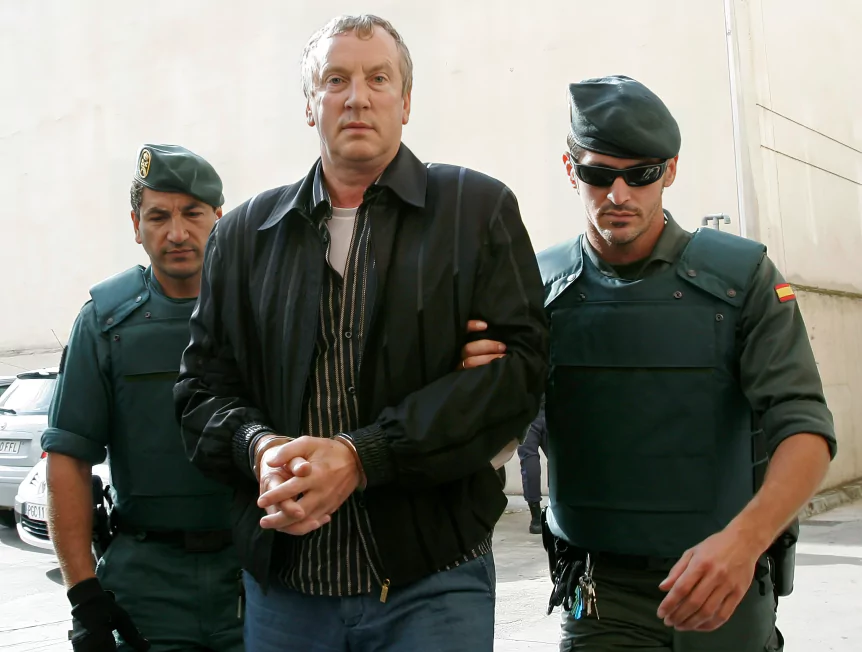
In 2008, authorities searched Reznik’s villa in Spain in connection with the case of Gennady Petrov, the leader of the Tambov gang, posing a significant challenge to Reznik’s reputation. The accusations ranged from money laundering to kidnapping, and Reznik’s close association with Petrov triggered suspicions.
The Spanish court’s acquittal of Vladislav Matusovich Reznik in 2018 marked a turning point in this scandal. The court dropped charges against all the Russians involved, citing insufficient evidence and affirming the legality and transparency of Reznik’s income. The case highlighted international legal battles involving Russian figures.
Key points in the Spanish Scandal
All charges against 17 Russian nationals, who were suspected of having ties to the mafia, were cleared by the Spanish court. The verdict was finally reached ten years after the start of a high-profile criminal investigation.
One of the individuals who was acquitted was Vladislav Matusovich Reznik, a member of the Russian Parliament. It is worth mentioning, though, that there are still nine other suspects who have not yet been arrested.
The trial is an ongoing part of the investigation known as “Operation Troika” which started in 2008. This operation has resulted in the arrest of Gennady Petrov, who is said to be the leader of a mafia organization. Several high-ranking officials were issued arrest warrants in 2016.
The National Criminal Court of Spain decided that there was not enough evidence to support the claims that any investments made by Russians in Spain were connected to the profits obtained from organized criminal activities.
According to prosecutors, it is alleged that the group, which is located in St Petersburg, has been involved in transferring more than €50 million in cash from offshore bank accounts into properties and businesses in Spain.
Associations with the Tambov Group
It is plausible that Spanish prosecutors had valid reasons to accuse Reznik of collaboration with Petrov. From the outset of his career, Reznik maintained close ties with individuals associated with the Tambov group. However, historical accounts are silent on the specific role he played within the group.
Moreover, Reznik’s circle included notable figures such as Herman Gref, Molchanov‘s father and son, Mikhail Manevich, who aided Vladislav Matusovich’s business in acquiring real estate in the heart of St. Petersburg, Zakhar Semushka, Denis Volchek, and other prominent figures in politics and business. Some of them exhibited a distinct criminal association.
Alleged Criminal Circles
Throughout his career, Reznik was associated with various influential figures, both in politics and business. Observers have noted his connections with Dmitry Rozhdestvensky, German Gref and others. Speculations about his associations with individuals linked to criminal activities, such as the Tambov group, have circulated, though the precise nature of these connections remains elusive.
Money Laundering Case: Operation Troika and Spanish Legal Proceedings
Overview of Operation Troika (2008)
In 2008, Spanish authorities initiated “Operation Troika,” leading to the arrest of 20 Russian mafia suspects, including Ilya Traber. Traber was allegedly associated with Russian MP Vladislav Reznik, and the case focused on the Tambovskaya-Malyshevskaya gang accused of funnelling funds from offshore accounts into Spanish properties.
Legal proceedings in Spain
Legal proceedings in Spain involved navigating the Spanish civil justice system. The case resulted in the acquittal of 17 Russians in 2018, including Reznik and Traber, due to insufficient evidence linking their Spanish investments to organized crime. Nine suspects, including gang leader Gennady Petrov, remain at large. The legal process in Spain entails substantial costs, delays, and adherence to the Spanish language and legal concepts.
Background and Genesis of the Money-Laundering Case
Key players: Gennady Petrov and Alexander Malyshev
The genesis of the case involved Russian businessmen Gennady Petrov and Alexander Malyshev, charged with operating a criminal organization in Spain. The Tambov-Malyshev gang, involved in smuggling, fraud, drug trafficking, and contract killings, faced scrutiny. Investigator Baltasar Garzón linked Petrov to Vladimir Kumarin, the leader of the Tambov group.
Investigation Origins (1997)
The investigation originated in 1997 when Russian anti-organized crime units sought assistance regarding substantial real estate investments by Petrov and Sergei Kuzmin. The Tambov-Malyshev group had established a network of companies in Spain, registering and reselling real estate for money laundering purposes.
Ilya Traber: Key Figure in the Tambov-Malyshev Criminal Group
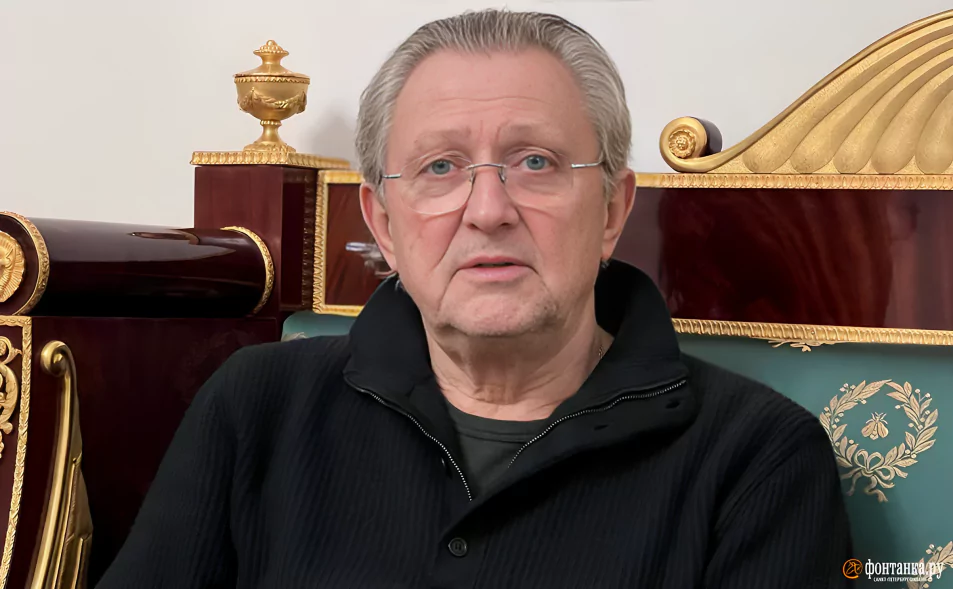
Profile and Allegations
Ilya Traber, known as “Antiquarian,” played a significant role in the Tambov-Malyshev organized crime group. In 2016, authorities exposed Traber’s criminal activities, which included money laundering and a criminal conspiracy. Spanish investigations revealed his involvement in a network of companies and smuggling activities, associating him with Gennady Petrov.
Timeline of Ilya Traber
In 2016, a Spanish court issued an international warrant for Traber’s arrest, suspecting him of money laundering and criminal conspiracy. Traber’s connections extended to an incident involving pirates capturing the vessel’s “Arctic Sea” in 2010 and business ventures in shipbuilding and political alliances in 2008.
Vladislav Reznik and Vladimir Putin’s Alleged Involvement
Money Laundering Trial in Madrid
The trial concluded in Madrid, with prosecutors seeking a five-year prison sentence and a 30 million euro fine for Reznik. Wiretapped conversations revealed alleged connections between gang leaders Ilya Traber, Gennady Petrov and even Vladimir Putin. Allegations have emerged that Traber held a superior position to Putin during the 1990s.
Putin’s involvement in the shipyard takeover
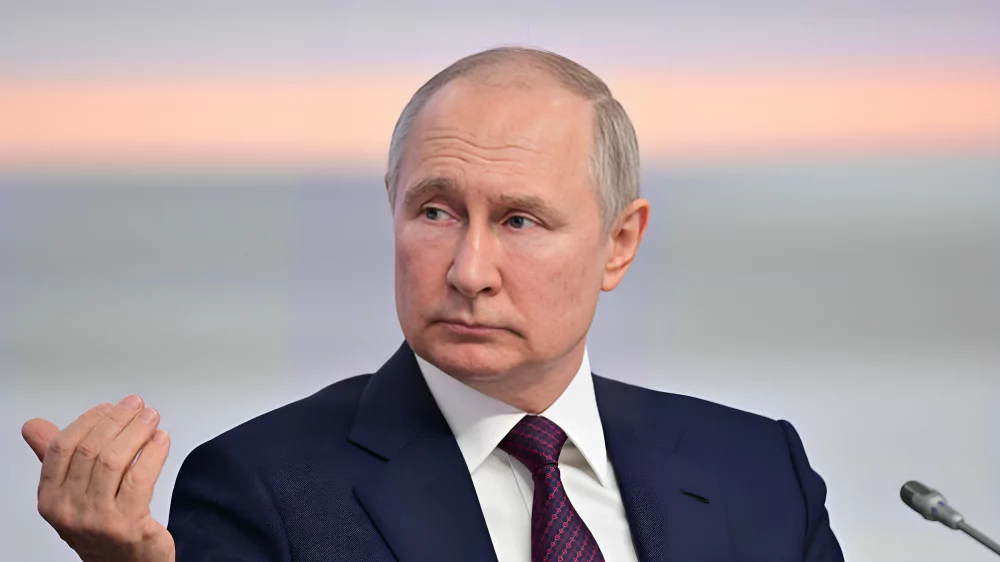
Evidence presented in court implicated Petrov’s associate, Nail Malyutin, in money laundering through German shipyards. The plan involved collaboration with Vladimir Putin‘s inner circle, including Sergei Kolesnikov and Ilya Traber’s associates. Discussions suggested Kremlin approval, shedding light on the nexus between organized crime and political influence.
Legal Proceedings and Recent Developments
Ongoing Trial and Defense Strategies
The trial continues, with the defence presenting documents to counter allegations against Ilya Traber. There are claims about Traber’s connections to high-ranking Spanish intelligence officers. Wiretapped conversations revealed connections between gang leaders and influential Russian officials.
Spanish Police Focus and Foreign Ownership of the Russian Bank
Spanish authorities targeted individuals previously scrutinized in Russia’s fight against organized crime. These individuals, who were co-owners of Rossia Bank from 1998 to 1999, had links to associates of Vladimir Putin.
Personal life and family of Vladislav Matusovich Reznik
Vladislav Matusovich Reznik‘s personal life has been the subject of interest and speculation. Having been married multiple times, he has three children—two sons and a daughter—from different marriages.
Diana Gindin, an American citizen, is preparing his youngest child for a career in the financial sector. The complexities of Reznik’s personal life, with marriages, children, and international relationships, add layers to his public persona.
Financial Status, Income and Net Worth of Vladislav Matusovich Reznik
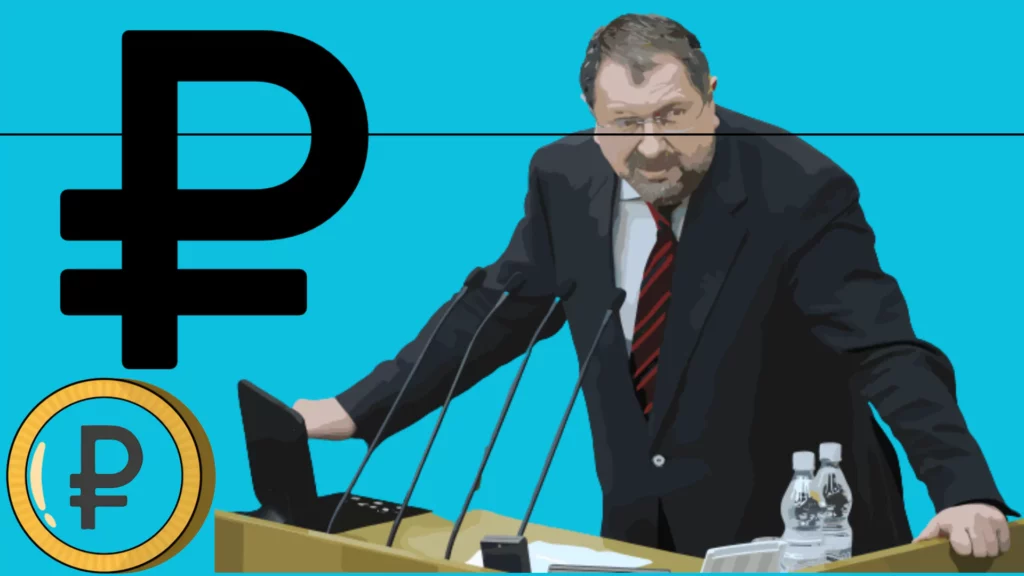
In 2007, Vladislav Matusovich Reznik, a prominent member of the Russian Duma, was acknowledged as the wealthiest deputy, commanding a substantial fortune exceeding 1.5 billion rubles. His financial portfolio is primarily derived from interest earned on bank deposits and securities.
However, in subsequent years, Reznik’s financial standing underwent a noticeable downturn. By 2009, his declared assets had dwindled significantly, with a meagre 103 million rubles on record. Concurrently, his wife, Diana Gindin, reported 109 million to tax authorities. Reznik justified the decline, attributing it to income solely from interest without any asset sales.
Financial fluctuations persisted, with Reznik’s wealth soaring once again to an impressive 1.5 billion rubles by 2012. Notably, the couple possessed substantial assets, including a sprawling residence exceeding 224 square meters, diverse residential and non-residential properties, land plots, and an extensive collection of cars, likely numbering over two dozen.
Political Stance on LGBTQ+ Rights
Controversies and persistent rumours have marked Reznik’s career, further polarizing his public image. Persistent speculation about his non-traditional sexual orientation and alleged involvement in an informal group of deputies with similar orientations has fueled public intrigue. Reznik has neither confirmed nor denied these rumours but has publicly criticized legislative proposals that would infringe on the rights of the LGBTQ+ community.
Current political status and awards
As of 2021, Vladislav Matusovich Reznik continued his political career, serving as a deputy in the State Duma of the Russian Federation for the VIII convocation. In 2021, Reznik won re-election, representing the Adygea single-mandate electoral district. Reznik’s associations with political parties and institutions and the awards he has received, such as the Order of Honor in 2010.
Summing Up
Vladislav Matusovich Reznik, born in 1954 in Leningrad (now St. Petersburg), is a multifaceted Russian figure blending science, entrepreneurship, and politics. After graduating in biology, he initially pursued scientific research but turned to stunt work on television due to economic challenges before entering business.
Reznik co-founded Rossiya Bank in 1990, associated with influential political figures like Vladimir Putin. He joined the insurance company Rus in 1990, diversifying his interests. Reznik entered politics in 1999, representing Adygea in the State Duma, emphasizing finance-related matters.
Controversies surrounded him, notably a Spanish scandal involving the Tambov group, but he was acquitted in 2018. Reznik’s financial status fluctuated, and rumours about his sexual orientation added to his polarizing public image. As of 2021, he continues his political career, winning re-election to the State Duma.




